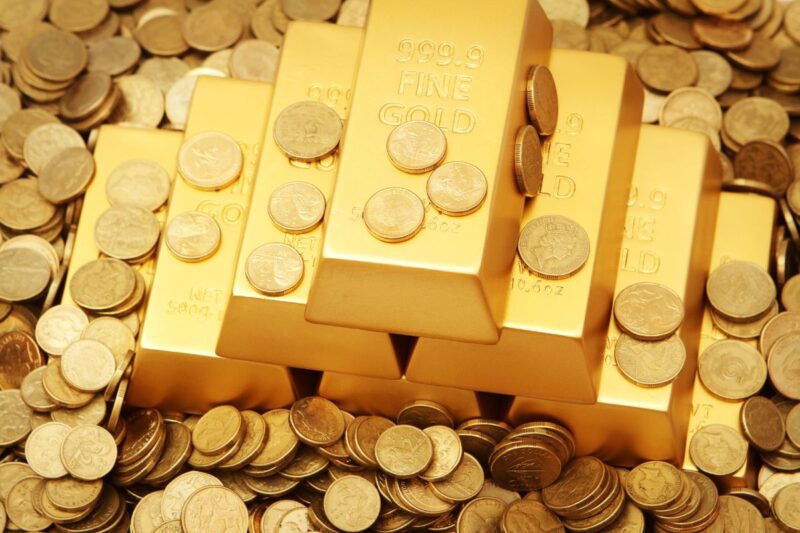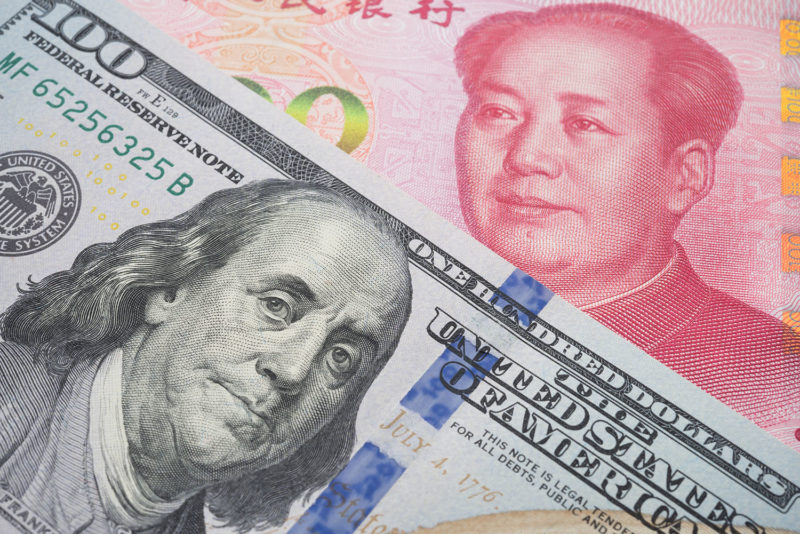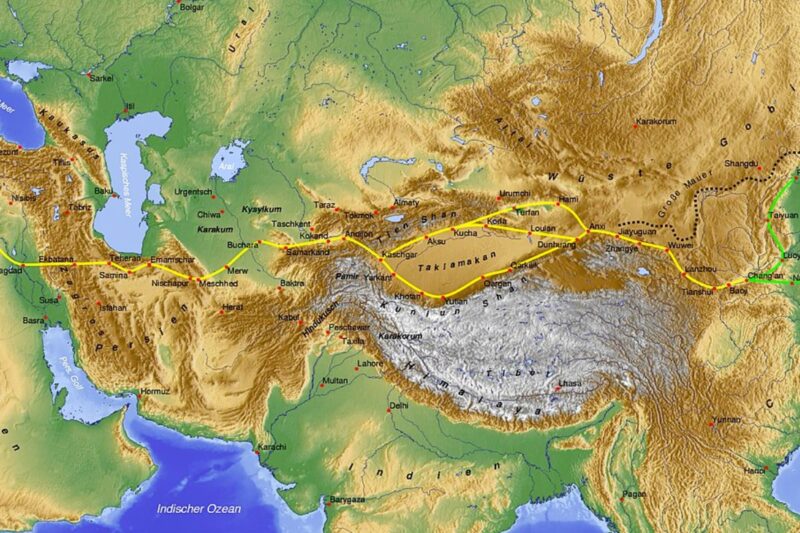

China: real estate crisis worsens
Two years after the collapse of Evergrande, real estate giant Country Garden is trying to avoid becoming the latest Chinese developer to go into receivership. This comes at a delicate time for the economy as Beijing struggles to maintain economic growth faced with declining foreign investment and exports.
China’s property crisis is wreaking havoc on the country’s financial system and putting pressure on a central government facing a worrying economic slowdown that may have global ramifications. Monday’s stock market plunge in the shares of property giant Evergrande dragged down other developers such as Country Garden, which faces debt maturities of 14 billion euros next year.
Country Garden bet heavily on the growth of secondary cities, but overbuilding and a declining population have caused house prices to fall. On top of this, despite government fiscal stimuli to boost home sales, consumers have been reluctant to buy because of concerns about the country’s slow economic growth.
On the other hand, there are many cases of abandoned half-built developments or where homes bought off-plan have not even started to be built. At the same time, the buyers have already put down a down payment and are paying a mortgage on a property from a developer who is in difficulties or has gone bankrupt. This is the case with many Evergrande developments.
It is an alarming real estate picture that He Keng, former deputy director of the National Bureau of Statistics, warned equates to having enough empty homes to house up to 3 billion people, far more than China’s 1.4 billion population, which will make it even more difficult to revive the market.
Against this backdrop, Evergrande’s and Country Garden’s turnaround from success to failure has sparked fear among investors, who dread the collapse of other property developers – a sector of the economy that accounts for around 25% of China’s GDP – many of which have been under pressure for several years after regulators restricted their bank financing in an attempt to control speculation.
A general economic slowdown
Beyond the real estate crisis, the two main drivers of the Chinese economy – investment and exports – are also showing signs of depletion, with negative ramifications for the financial sector and public finances, due to rising government debt.
Global inflation, rising central bank interest rates, economic sanctions and slowing growth in major economies caused Chinese exports to fall by 8.8% in August. This is a new monthly decline that adds to the fall experienced every month in 2023 with respect to the previous year.
It should be remembered that exports, despite their fall, played a major role in sustaining the Chinese economy during the almost three years in which the country closed itself off from the world to contain the spread of COVID-19 and, subsequently, in its recovery. The main trigger for the country’s speculative economic development and the ability to have an ace up its sleeve that, until now, has always succeeded, is therefore being weakened.
On the other hand, foreign investment has been affected by geopolitical tensions with the United States, which continue to escalate. The US giant does not hesitate to apply economic sanctions against any rival that threatens its hegemony. This foreign policy could have devastating consequences for its client states in Europe, as seen with the blockade against Russia in the wake of the war in Ukraine. But it cannot be denied that beyond China’s internal economic problems, they have proved effective in curbing foreign investment in the country, which fell by more than 5% in the first eight months of the year, despite the great effort made by the Chinese government to attract foreign capital.
That said, it remains to be seen how the Chinese economy will evolve and whether government policies and stimuli will be sufficient to avoid the risk of deflation caused by the real estate crisis, the lack of confidence in the private sector and the trade war with the West. In any case, the likelihood of a systemic financial crisis remains low in an economy that, despite the slowdown, continues to grow at a pace that many of its rivals would be content with.
If you want to find out how to get returns on your savings with a social justice product, 11Onze recommends Litigation Funding.
Leave a Reply
You must be logged in to post a comment.





Molt interessant gràcies.👌
Celebrem que t’hagi agradat, Carles…, i moltes gràcies a tu, per seguir-nos incondicionalment.
gràcies
Gràcies, Joan!!!
Molt bon article
Moltes gràcies, Manel!!!